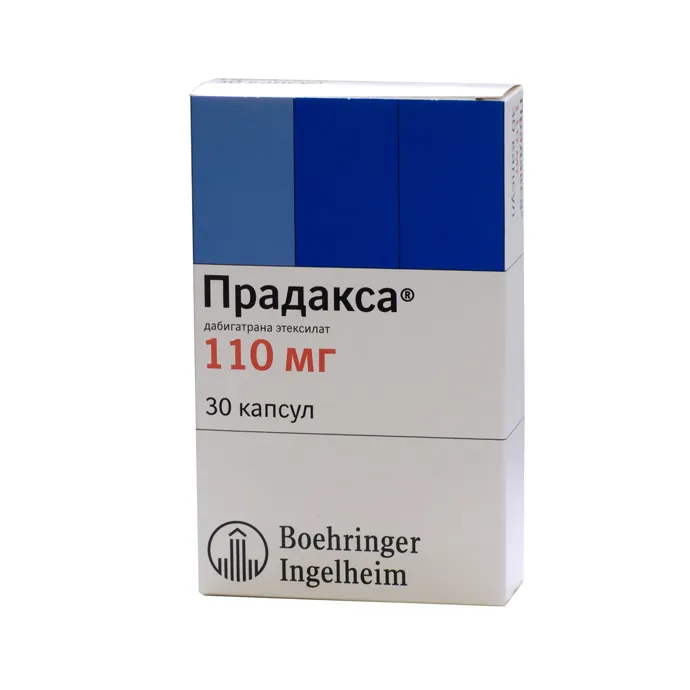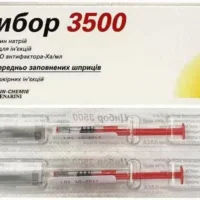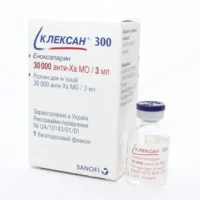Description
Pradaxa (Dabigatran Etexilate) Capsules 110 mg
Ingredients
Active Ingredient: Dabigatran etexilate mesylate.
Inactive Ingredients: Acacia, hypromellose, talc, and others.
Dosage
Recommended Dosage: The usual dose is 220 mg once daily. Dosage adjustments may be necessary for patients with renal impairment.
Indications
Pradaxa is indicated for the prevention of stroke and systemic embolism in patients with non-valvular atrial fibrillation.
Contraindications
Do not use Pradaxa if you have artificial heart valves or a history of bleeding disorders.
Directions
Take Pradaxa exactly as prescribed by your healthcare provider. Do not stop the medication without guidance.
Scientific Evidence
Pradaxa has been studied extensively in clinical trials. Research indicates its non-inferiority to warfarin in preventing stroke and systemic embolism in atrial fibrillation patients. The RE-LY trial demonstrated its efficacy and safety with a lower risk of major bleeding events compared to warfarin.
Additional Information
Pradaxa inhibits thrombin, a crucial enzyme in the coagulation cascade. Unlike warfarin, Pradaxa does not require routine blood level monitoring. It has a rapid onset of action, predictable anticoagulant effect, and a half-life of about 12-17 hours, allowing once-daily dosing.
- Pradaxa is a direct thrombin inhibitor.
- It provides a more predictable anticoagulant effect than warfarin.
- Pradaxa has a rapid onset of action and does not need routine blood monitoring.





